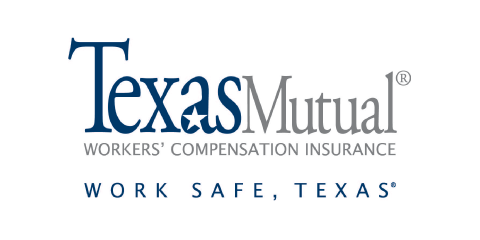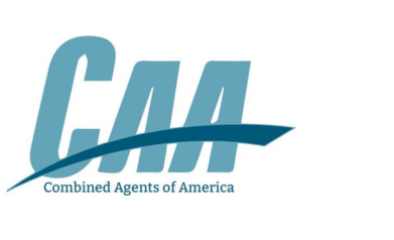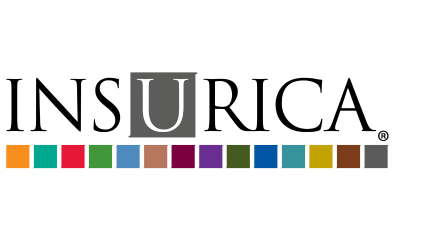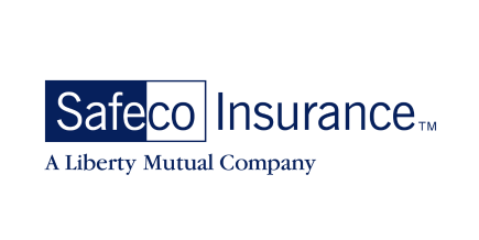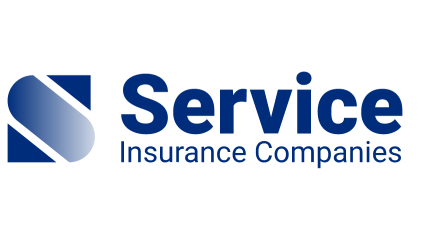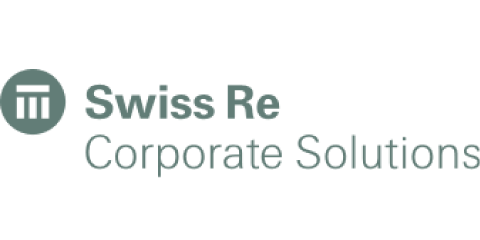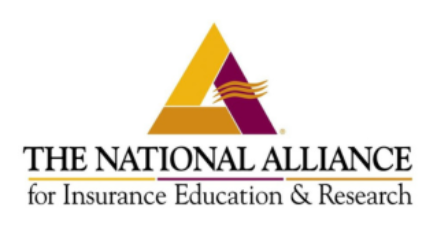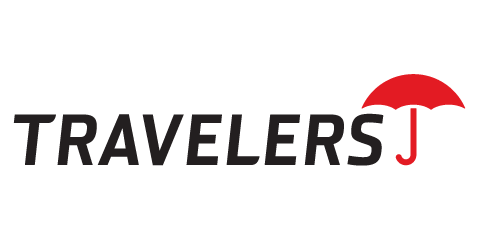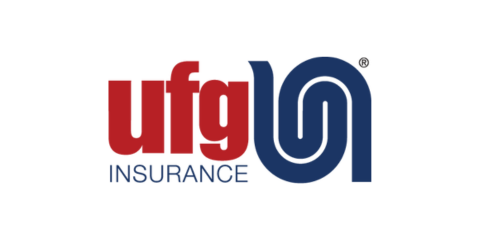Rick Oldenettel, one of Texas' leading E&O defense attorneys, told IIAT's technical experts recently that he is seeing more and more claims alleging agent involvement in placing coverage with unauthorized insurers. He cites Article 101.201 of the Texas Insurance Code as a big problem for agents, providing defense attorneys with no way out except to open up the E&O carrier's checkbook. It reads as follows: "An insurance contract effective in this state and entered into by an unauthorized insurer is unenforceable by the insurer. A person who in any manner assisted directly or indirectly in the procurement of the contract is liable to the insured for the full amount of a claim or loss under the terms of the contract if the unauthorized insurer fails to pay the claim or loss."
What is an "unauthorized insurer" in the context of this law? According to Chapter 101 of the Insurance Code, it includes (1) an insurer that is not authorized to do business in Texas as an "admitted" insurer or other type of risk-bearing entity, such as a risk retention group or workers' compensation self-insurance group; (2) an insurer that has not been declared an eligible surplus lines insurer under provisions of Chapter 981 of the Insurance Code; and (3) an eligible surplus lines insurer when the insurance has not been placed through a Texas-licensed surplus lines agent.
How can you avoid the unauthorized insurer trap? Don't be so eager to place insurance on a hard-to-place risk that you fail to perform due diligence on the insurance company or other risk-bearing entity offering the coverage. There are 3 simple steps you should take to determine whether you can legally place coverage with an insurer. Go to the TDI web site. Use the "Lookup Company" feature and enter the insurer's name in the search tool. If the result indicates the insurer is "Active," that means it is authorized to do business in Texas. If the results indicate "Eligible," that means it has been declared an eligible surplus lines insurer. You can place coverage with an eligible surplus lines insurer only if it is placed through a Texas-licensed surplus lines agent. If you don't have a surplus lines license, go back to the TDI home page and use the "Lookup Agent" feature to enter the name of the agency offering the coverage. If you can't find the agency listed (be sure you have the correct and complete name – ask if you're not sure), or the results don't show an active surplus lines license for the agency, you can't legally place coverage with that insurer.
After finding that the agency offering coverage with a surplus lines insurer is not licensed, the agency may unscrupulously or unknowingly tell you to help the insured file a tax form for independently procured insurance. Chapter 226 of the Insurance Code describes independently procured insurance as an insurance contract procured by an insured from an insurance company not authorized to do insurance business in this state through negotiations occurring entirely outside this state. This does not apply to insurance procured by you on behalf of your insured.

